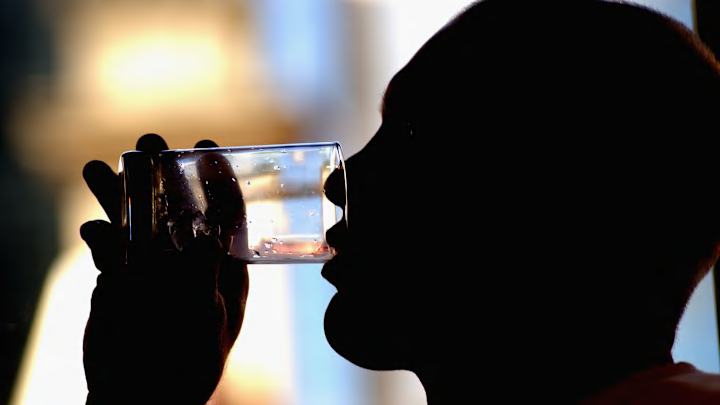Water You Doing? The Surprisingly Complex Art of Staying Hydrated

It sounds simple, right? Drink more water. We’ve heard it a thousand times—from doctors, influencers, fitness apps, and that friend who carries a half-gallon jug like it’s a newborn. Hydration seems like the easiest wellness win there is. No extreme diet. No gym membership. Just good old H₂O.
But if it’s so easy, why are so many of us still low-key dehydrated most of the time?
The truth is, staying hydrated in real life is trickier than it looks. We underestimate it. We forget about it. And sometimes, we don’t even know what “hydrated” actually feels like anymore. Turns out, your body’s favorite drink has a lot more going on than we give it credit for.
Beyond the Thirst Trap
Here’s the plot twist: by the time you feel thirsty, you’re probably already dehydrated. Your body doesn't always sound the alarm until it's already running a little low on fluids. That brain fog? That random headache? That 3 p.m. crash you blame on the universe? It could be your body just politely asking for water.
Hydration isn’t just about preventing dry skin or quenching thirst—it affects everything. Energy. Mood. Digestion. Joint health. Cognitive function. Even the way your body regulates temperature. Water is the silent backstage crew running every show in your body, and when it’s understaffed, things go off-script.
Coffee, Soda, and the “It Still Counts” Debate
Let’s get this out of the way: yes, beverages like coffee, tea, and juice technically contain water, and yes, they can contribute to your hydration. But there’s a catch.
Caffeinated drinks and sugary sodas often have diuretic effects, which means your body may lose more fluid than it gains. Plus, they don’t offer the clean, replenishing simplicity of plain water. It’s a bit like washing your car with orange juice—it technically gets wet, but not in a helpful way.
So yes, keep enjoying your morning latte. Just don’t let it replace the water your body is actually hoping for.
Your Body, Your Baseline
How much water should you drink? The classic “eight glasses a day” rule isn’t wrong—it’s just generic. Your hydration needs depend on your body size, activity level, diet, climate, and even how much you sweat when you’re nervous.
If you’re eating lots of water-rich foods (hello, cucumbers and watermelon), your needs shift. If you’re working out, flying, drinking alcohol, or just surviving a heatwave, you’ll need more. Hydration is a moving target, and your body is the best tracker.
Pay attention to your energy levels. Your skin. Your digestion. Your mood. They’ll often tell you what your thirst signals forget to mention.
Making It Stick Without Forcing It
Let’s be honest—chugging water all day feels like a chore. That’s why the key to hydration isn’t willpower. It’s habit hacking.
Start with a water bottle you actually like. Not the one that leaks. Not the one you forgot in your car. A good bottle is like a hydration sidekick—it goes everywhere with you and makes water feel more like a vibe than a vitamin.
Flavor helps, too. Infuse your water with citrus, mint, cucumber, or berries if you’re craving variety. Set gentle reminders on your phone, or tie water breaks to other habits—like sipping after every bathroom visit (because, symmetry).
Hydration should feel doable, not like a wellness bootcamp. Small sips. Big impact.
When Water Feels Like a Superpower
The coolest part about hydration is how quietly transformative it is. One or two extra glasses a day can shift your energy. Your skin clears. Your digestion improves. You wake up feeling a little less like a raisin.
It’s one of the few wellness habits that doesn’t require extra time, money, or motivation—just a little awareness. And when you get it right, your body says thank you in ways you didn’t know it could.
So the next time you’re feeling tired, foggy, grumpy, or just vaguely “off,” don’t overthink it. Start with a glass of water. You might just be one sip away from feeling like yourself again.